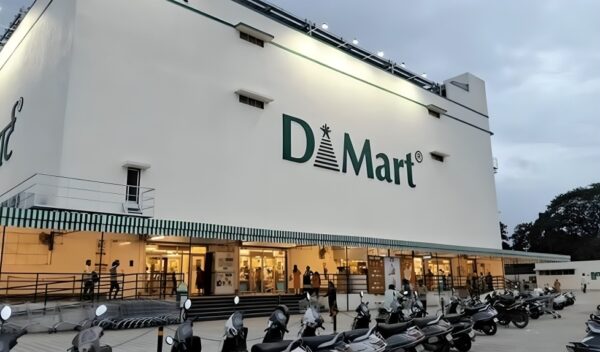D’Mart Business Model: A Success Story in Indian Retail

D’Mart Business Model
D’Mart Business Model: D-Mart, formally known as Avenue Supermarts Limited, has grown into a retail powerhouse in India since its inception in 2002. With its customer-centric approach, efficient supply chain, and value-driven pricing, D-Mart has captured the attention of shoppers and investors alike. Founded by Radhakishan Damani, a respected value investor, D-Mart’s journey from a humble beginning to becoming one of India’s leading retail chains is an inspiring story of vision, efficiency, and adaptation.
Let’s dive into the details of D-Mart’s operations, business model, and unique approach to retail success.
About D’Mart Business Model
D-Mart operates as a chain of hypermarkets and supermarkets under the ownership of Avenue Supermarts Ltd. Headquartered in Mumbai, the company was founded by Radhakishan Damani in 2002. Its focus on providing high-quality products at low prices has made it a favorite among middle-class consumers.
As of FY23, D-Mart has expanded to 330 stores across 14 states in India, making it a significant player in the country’s retail industry.
Key Features of D’Mart Business Model
- Direct-to-Consumer (DTC) Approach
D-Mart’s business strategy revolves around directly sourcing products from manufacturers and delivering them to consumers. This eliminates intermediaries and ensures competitive pricing. - Ownership of Properties
A majority of D-Mart stores are built on company-owned properties, minimizing rental and lease costs. This cost-saving measure contributes to its ability to offer substantial discounts. - Effective Supply Chain
D-Mart relies on a centralized warehouse system, lean inventory management, and just-in-time (JIT) practices to streamline operations. This allows efficient distribution and reduces inventory costs. - Minimalistic Store Design
D-Mart’s stores are designed to prioritize functionality over aesthetics. With limited in-store advertising and a straightforward layout, the company keeps operational expenses low. - Private Label Products
By offering its private label goods, D-Mart not only ensures affordability but also maintains control over quality and supply.
Revenue Model: How Does D-Mart Make Money?
D-Mart’s revenue model emphasizes cost-efficiency and volume sales. Key aspects include:
- Discounted Pricing: Competitive pricing attracts high footfall, driving sales volume.
- Private Labels: Exclusive branded products contribute to profitability.
- Efficient Supply Chain: Reduced costs through streamlined logistics and direct sourcing.
- Cost Control: Ownership of store properties and lean inventory management minimize operational expenses.
FAQs about D’Mart Business Model
- Who founded D-Mart, and when was it established?
D-Mart was founded by Radhakishan Damani in 2002. Known as a value investor, Damani transitioned into retail with the vision of offering high-quality products at affordable prices. - How does D-Mart keep its prices so low?
D-Mart keeps prices low by sourcing products directly from manufacturers, owning most of its store properties to save on rental costs, and maintaining an efficient supply chain with centralized warehouses. - What is unique about D-Mart’s business strategy?
D-Mart’s strategy focuses on affordability, minimalistic store design, lean inventory management, and understanding customer preferences. Its reliance on word-of-mouth advertising and consistent discounts are key differentiators. - How many stores does D-Mart currently operate?
As of FY23, D-Mart operates 330 stores across 14 states in India, with plans for further expansion. - Does D-Mart offer online shopping options?
Yes, D-Mart has ventured into online retail through its platform D-Mart Ready, offering customers the convenience of purchasing groceries and household items online.
Conclusion
D-Mart’s success lies in its unwavering focus on customer satisfaction, operational efficiency, and cost control. By consistently delivering value to shoppers and adapting to market trends, D-Mart has cemented its position as a leading retailer in India. Its unique business model serves as a benchmark for modern retail success, inspiring businesses across industries. D’Mart Business Model





